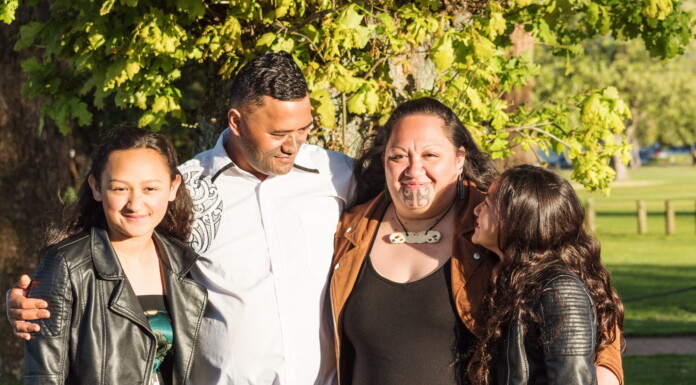Kia ora readers. I trust you are engaged in and enjoying another Māori Language week.
“Language is the foundation of civilization, it’s the glue that holds everything together, and it’s the first weapon drawn in a conflict.” – Ian Donnelly, Arrival.
Powerful stuff indeed and, as all effective quotes do, it encourages one to stop for a moment and reflect on its meaning.
The Māori language was dangerously close to being lost forever as recently as the 1980s, when the number of Māori language speakers dropped to less than 20 per cent of the Māori population.
How things have changed, but not without considerable struggle and controversy. The battle to maintain the momentum built in recent decades to cement more growth, and broaden the numbers of te reo Māori speakers goes on.
The most recent controversy centred around a Waka Kotahi Land Transport Authority plan to make road signs bilingual. As old signs are replaced, new signs will use both Māori and English words. Several weeks of childish debate at the political level ensued as politicians tried to score a point with voters.
The Māori language is used to being a political football. And the kicking about of said football can come from all corners.
Former East Coast electorate MP Kiritapu Allan took to social media to highlight what she called the “tokenistic” use of te reo Māori at a department where she was once the minister.
An email shared by a Department of Conservation official claimed Allan did not want te reo used, except in instances where there were no English equivalents. The MP subsequently posted on social media again that the email was “an incorrect articulation of any direction I’ve provided and is absolutely inaccurate”.
She went on to say: “I encourage te reo use, but in no way will I tolerate tokenistic use of reo by government agencies as an attempt to show government departments are culturally competent.”
Allan’s position was articulated last year, so well before the very public fall from grace this year. Nonetheless, it was an example of the type of tension that often exists between advocates of Māori language and the difficulties much of the New Zealand population has with what is considered appropriate use.
I’m sure Allen copped plenty of criticism for her comments but they appear to me to be an honest interpretation of events as she saw them.
Where one Winston Peters is concerned, I’m no closer than you are to deciding whether he is offering an honest viewpoint or seizing on the opportunity to catch a few votes. Either way, he said earlier this year that, if elected to Government, New Zealand First would remove Māori names from government departments.
He claimed that this stance was not an attack on the Māori language but on the “elite virtue signallers who have hijacked the language for their own socialist means”.
“This conceited, conniving, cultural cabal doesn’t represent hard-working ordinary Māori – they only seek to use Māori to further their own agenda.”
Strong words.
Perhaps one day, where Māori language is concerned, there will be no need for such rhetoric because the language will simply be an uncontested part of our cultural identity.


